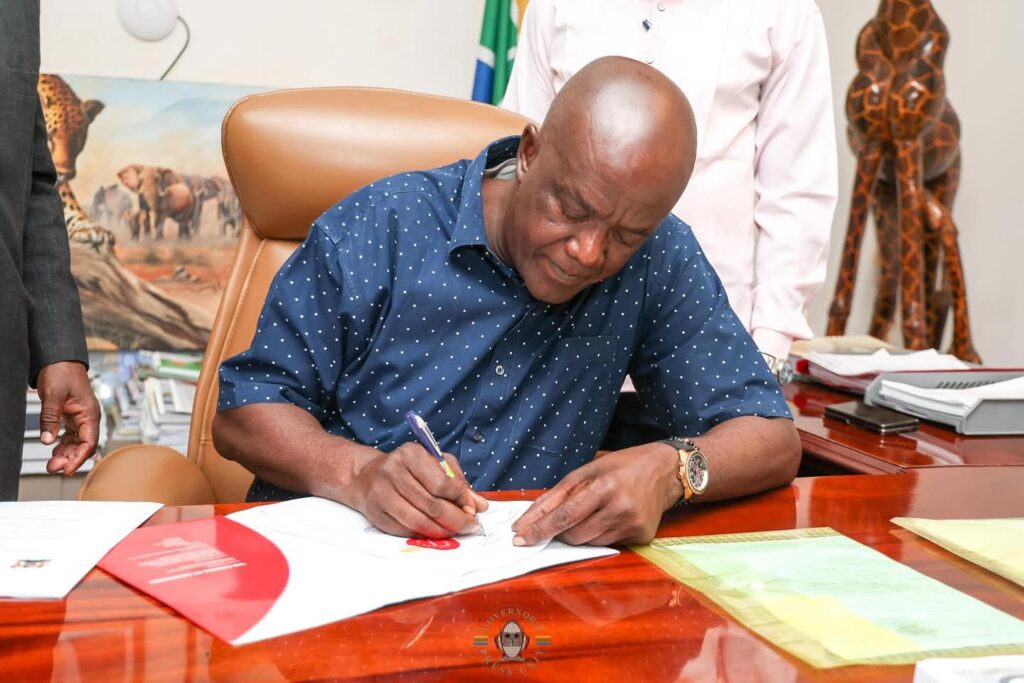Kilifi’s Moral Dilemma: The Cost of Incompetent Leadership

Kilifi County, with its sweeping coastline, cultural richness, and youthful population, stands at a crossroads.
It is a region full of potential — one that should be a shining example of what devolved governance can achieve.
When Governor Gideon Mung’aro took office, many hoped his administration would usher in an era of progress and responsive leadership.
But nearly three years later, that hope is dimming.From Promise to ParalysisThe Mung’aro government came into power on the promise of change: better roads, accessible healthcare, opportunities for youth, and transparent service delivery.
What has followed, however, is a pattern of disarray, bureaucratic bottlenecks, and, worse, growing public disillusionment.Basic services — the very foundation of county governance — are deteriorating. Health facilities lack essential supplies and personnel.
Roads in rural wards are still impassable during rains. Solid waste management in urban centers like Kilifi town and Malindi is inconsistent at best.
Meanwhile, youth empowerment programs have either stalled or disappeared altogether.
Where is the money going? What happened to the development agenda?A Growing Crisis of AccountabilityKilifi is not just facing administrative challenges.
It is confronting a moral dilemma — a test of whether we, as citizens and stakeholders, will accept mediocrity as the norm.
Oversight is weak. County Assembly Members who should be providing checks and balances appear either co-opted or apathetic. Civil society voices have grown quieter. Even national oversight bodies seem to have moved on.
And yet, the signs of dysfunction are all around us. If leaders are failing and no one is holding them to account, then who is truly to blame?
The Human Cost of IncompetenceThis is not a theoretical failure. It is one that affects lives daily.
A child in Ganze is still studying under a leaking roof.
A mother in Magarini walks for hours to find a health center that has no medicine.
A small business in Malindi struggles because county services are unreliable.
These are not isolated incidents — they are the lived reality of thousands of Kilifi residents.County budgets are not just financial documents — they are moral contracts.
When funds meant for development disappear into inefficiency or political gamesmanship, it is the public that pays the price.
Silence Is ComplicityKilifi’s moral dilemma is also ours: Will we stay silent in the face of incompetence?
Or will we speak up — loudly, clearly, and consistently?Silence enables failure. It sends the message that what’s happening is acceptable. But it’s not.
Leadership must be earned, and it must be held accountable.
Civic responsibility does not end at the ballot box — it continues every day, in every ward, at every baraza, on every public platform.
The Road AheadKilifi deserves leadership that works — not one that hides behind PR or blames predecessors.
We deserve public servants who serve, not politicians who posture. And we deserve a citizenry that refuses to accept failure as destiny.
As 2027 draws nearer, Kilifi has a choice to make: tolerate more years of broken promises or demand the leadership it truly needs.
That decision starts now — not with politicians, but with us.—Final Thought: A Call to ActionKilifi’s story isn’t over.
But the next chapter depends on whether we confront today’s failures with the courage to demand better.
Let’s not wait for outsiders to care about Kilifi.
Let’s care enough to change it ourselves.





